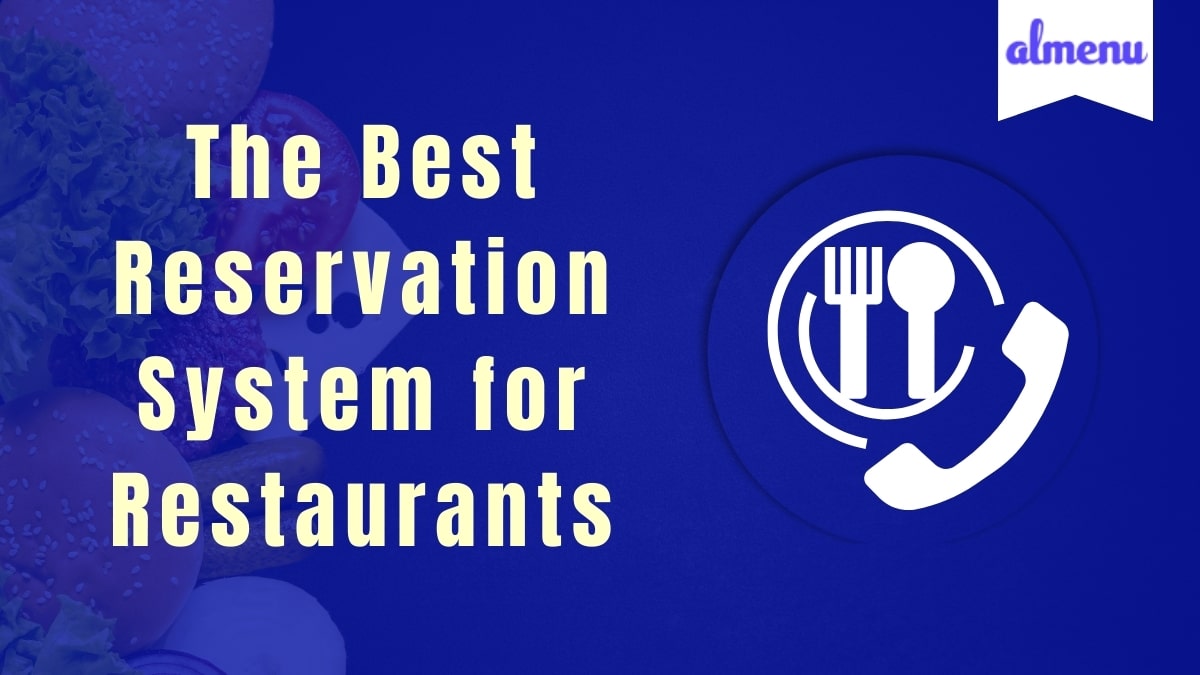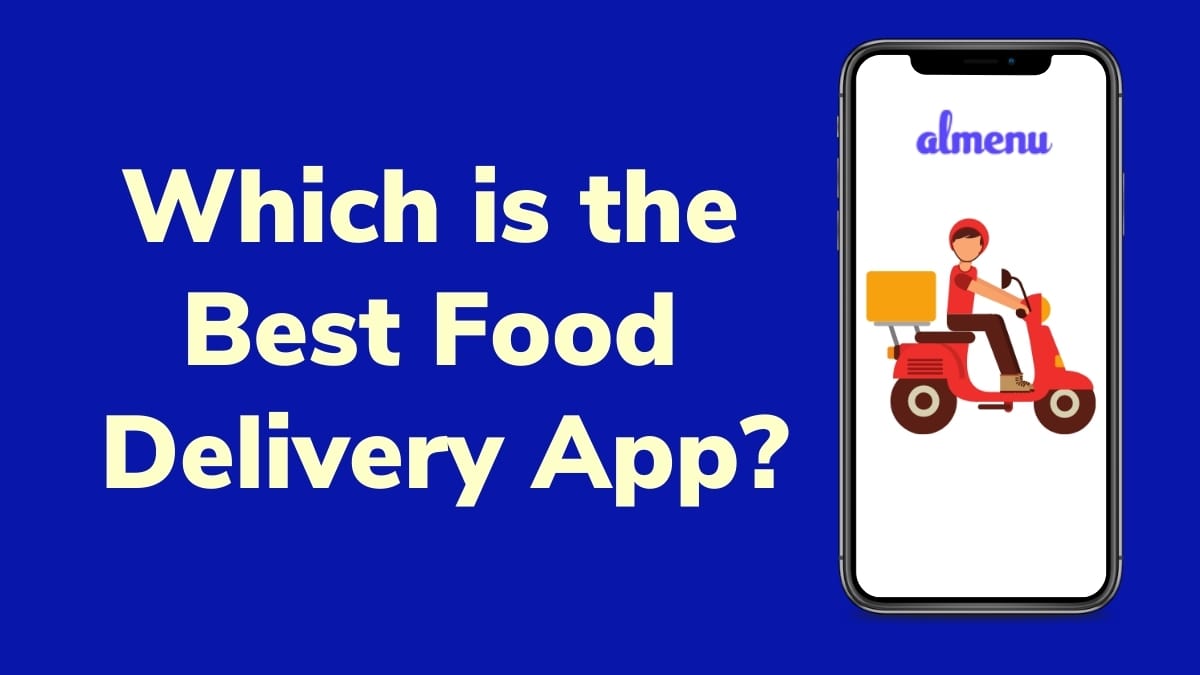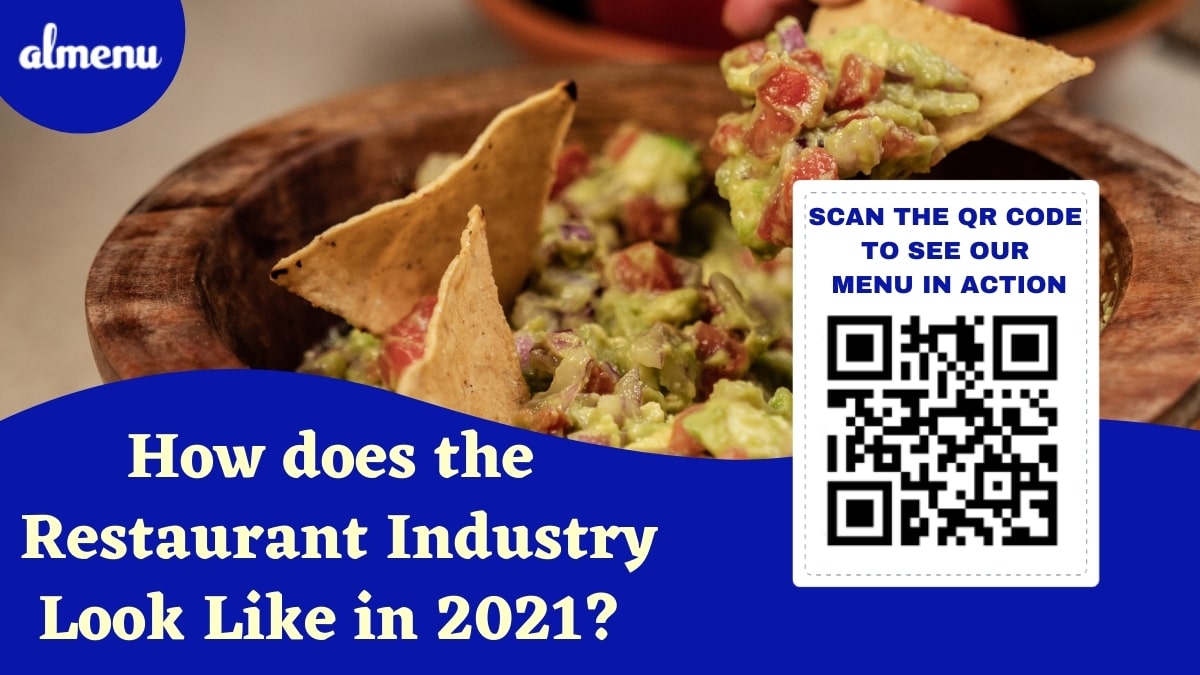The reservation system for restaurants helps you to manage all reservations digitally. So you can reduce terrible absences and ensure that all available tables are maximized.
In addition to letting diners in. The restaurant reservation system also provides many other benefits for the following people in your venue. Such as direct communication with guests, capacity tracking, digital waiting lists, etc.
So, whether you are struggling with absences. Trying to fill the table on a slow night or wondering why new customers have not become regulars. A restaurant reservation system can help. The answers you keep for all questions, including:
What are Reservations?
A reservation system for restaurants is an arrangement made by guests in advance to confirm their party table at a specific time. Restaurant reservations can be made through the phone. Restaurant websites, third-party booking websites or apps, in person at the restaurant, or even via SMS.
When diners are seated in their favorite places, convenience is the key. But in addition to what it means to guests, reservations can also be of great help to restaurant owners.
With the right system, you can use reservations to help your restaurant. You can manually perform the basic operations of the reservation via the phone and the log.
You can invest in a reservation management platform that allows you to accept reservations online. Set up automatic reminders, promote your restaurant on other apps and websites, collect customer information, and more.
To find the best reservation system for your restaurant’s business. yYoumust know what your priority is. Ask yourself, what are the shortcomings of your current reservation system or process? What do you want to do that you can’t do now?
In what ways do you want to be more efficient? When determining your priorities, consider how the new reservation system can solve some of your business challenges.
Does this include managing the existing reserves that you receive regularly? Is it about generating new business? Is reducing absenteeism number one on your list? How to learn more about your customers so that you can provide a more personalized experience?
Or it may just manage new security measures after COVID-19. For whatever reason, understanding your business needs will help you develop a set of criteria that you can use to evaluate different booking management platforms and find the right system for your restaurant.
How Restaurant Reservation System get Benefit in Each Role?
If your restaurant has a no-reservation policy. You may change your mind after seeing how reservations benefit everyone in the restaurant (from your employees to your customers).
Managers
Managers need to understand the situation in their restaurant so that they can coordinate staffing, communication, and inventory.
When managers know how many guests are waiting through reservations, they can better arrange personnel and resources.
In addition, the influx of bookings indicates that managers provide additional training for servers during busy nights.
Host
Managers need to understand the situation in their restaurant so that they can coordinate staffing, communication, and inventory.
When managers know how many guests are waiting through reservations, they can better arrange personnel and resources. In addition, the influx of bookings indicates that managers provide additional training for servers during busy nights.
Servers
The server is the representative of your customer experience. When customers make a reservation, they can share detailed information about the meal-is it a celebration? -Or let the staff know if anyone at the party is allergic to food.
Customers can even raise any of their concerns, such as asking what health and safety measure the restaurant is taking. When servers are equipped with this information, they can take action without prompting.
Waiters can bring desserts for birthday celebrations, point out non-dairy options on the menu, and even provide free hand sanitizer.
When your customer service team can predict customer needs. It can exceed customer expectations in advance and turn casual restaurant customers into lifelong regulars.
This type of service is precious for alleviating the anxiety of diners eating out in the post-COVID world.
Guests
Guests benefit the most from booking. First, when customers make a reservation, they know that their table is guaranteed. You can make a reservation over the phone, in person, or online. Instead of showing up at the restaurant and waiting for an hour to get a free table and your seat will be guaranteed.
If they need to change or cancel a reservation, they can even contact the restaurant directly. Second, customers can request special accommodation when booking to ensure they get the experience they expect (even beyond your experience). Expectation) Finally, booking can help ensure the safety of guests.
Reservations provide operators with a way to control restaurant traffic and monitor capacity bands provide detailed records that can be used to track contacts. All of which help reduce the spread of harmful bacteria.
Why You Need a Reservation System for a Restaurants?
If your restaurant has already accepted reservations, what system must you use to organize them? Can I only accept reservations over the phone?
Does your team manually record reservations in the log or use a more technically proficient method? Modern restaurant reservation systems, especially those integrated with your point of sale, can clear the confusion. Improve accuracy, make business more predictable, maximize revenue, and help create a personalized customer experience.
Not to mention, after COVID-19, the digital reservation system can help you strengthen your health and safety at work.
1. Less Clutter
Modern reservation systems can be managed through small things like iPad. This means that your host can abandon paper notebooks and keep the host support tidy. Which will leave a good first impression on your customers.
2. Increased Accuracy
The reservation system reduces the mistakes that may be made when obtaining reservation information over the phone.
When customers book online, they are less risky to book for 7 people instead of 11 or forget to write down their main food allergies.
3. More Predictable Wait Times
As a customer, there is nothing worse than having you wait 30 minutes for a seat and finally wait for more than an hour. Reservation systems can help companies optimize restaurant seating arrangements to accommodate more customers and provide more accurate waiting times.
If the waiting time is longer than expected, the host can adjust the expectations and provide free snacks or drinks. You can also predict these times better because the integrated reservation system uses information from the actual layout of your restaurant.
This means that the system considers the time of other seats at the table and their course. So you can provide your guests with a more accurate estimate.
4. Automated Reservation Reminders
Modern reservation systems can send guests automatic reservation reminders and waitlist updates via SMS and email.
This helps reduce absences by minimizing the chance of guests forgetting to book, which is especially important for restaurants trying to fill seats after COVID-related closures. You know if they are delayed or need to be canceled in real-time.
This feature allows the landlord to free up time to provide services to customers who are already present instead of calling new guests to ask about their whereabouts.
5. Customer Profiles
Hospitality is about the guest experience. Reservation technology can save customer information, such as contact information, frequency of access, dietary restrictions, special dates and anniversaries, and even how much the customer spent.
This customer information can be integrated into marketing activities to more accurately target customers through personalized promotions.
When you know that you often attend large celebrations. You can redouble your efforts to provide them with an experience. Perhaps assign them to outstanding employees or provide free desserts for the celebrations.
6. Government Mandates
Another reason you might need a reservation system is that the government needs it. With COVID-related restaurant closures and reopening, many state and local governments hope to strictly control the number of people who go to restaurants.
For this reason, states such as Maine and Delaware have mandated reopening. Even when there is no requirement, public officials and organizations (such as the National Hotel Association) strongly recommend the use of reservations. Only or reservation seating models as a form of crowd control and a way to help track staff.
7. Capacity Control
Another requirement for reopening in most states and cities is that restaurants meet strict capacity restrictions, which may vary by location.
For example, restaurants in Tennessee can operate at 75% of capacity. While restaurants in Louisiana can only dine indoors at 25% of capacity.
Reservations provide an accurate way for restaurants to monitor venue capacity by tracking the number of people entering and leaving the restaurant. You can ensure that the capacity limit is never exceeded. Without reservations, it is much more difficult to control the constant flow of diners.
8. Ease Diner Anxiety
COVID-19 has increased consumer anxiety about health, hygiene, and food safety. Reservations can give diners a sense of control over their dining experience and help solve some of these problems.
When making a reservation, guests can choose exactly the time and place of the meal. Reservations also allow guests to ask questions, so they know exactly what will happen before entering. All of these can help guests feel more comfortable when dining out again.
How Reservation Systems Help?
So, how does the aforementioned profit affect the bottom line of your restaurant? When you use a reservation system that is directly integrated with the POS system. It is easy to see the impact of reservations on revenue.
Reservations are Maximized
Reservation technology can increase your restaurant revenue by synchronizing with your restaurant POS and maximizing the number of reservations you can manage on any given day.
For example, systems like Touch Bistro’s built-in reservations will be directly synchronized with your POS’s digital floor plan, allowing you to save alternate seating arrangements, lock specific tables, and control seating times.
Reservation software can help you optimize and fill in the number of free tables so that guests can make reservations. This feature prevents the host from checking the POS to see which tables are available and manually update the reservation system.
Analytics Make Business More Predictable
Another benefit of having POS and reservation systems that communicate with each other. It can generate powerful business information about the past, present, and future.
Past
POS and reservation system integration can show you how reservations affect past sales. This helps your team set realistic business goals based on historical data.
For example, if your restaurant had 30 reservations for Father’s Day last year. Plan a similar number of reservations this year and increase staff accordingly.
If you notice that your number is small, you can readjust your marketing efforts to increase bookings. Even if current bookings are affected by COVID-19. Reviewing historical data can provide you with a baseline to understand where your business should be (and how you can close the gap).
Present
The integrated system can show you real-time shift income and average guest spending. So you can encourage servers to upsell as needed to meet daily sales goals.
This is especially important for restaurants that want to make up for lost revenue after COVID-related closures.
The integrated reservation system also helps to track the status of each guest so that you can change more tables and quote the waiting time accurately. The more tables you transfer, the more revenue your restaurant generates.
Future
The analysis generated by the integrated system allows for better predictions. When your team knows how many guests are expected. You can maximize your revenue by optimizing restaurant seats. Arranging more (or fewer) employees and improving training to ensure they provide the best customer experience.
For restaurants with tight budgets to reopen, this type of forecast can also help better forecast food and labor costs.
You Receive More Reviews
A 2017 survey found that 68% of restaurant customers have tried a new restaurant because of good reviews. However, while guests may have had a great experience in your restaurant, they may not write it down unless asked.
A good reservation system for restaurants can automatically ask guests to comment on their experience, which will help you get more reviews and thus more customers. As health and hygiene scrutiny becomes more and more stringent, these types of scrutiny have become more important after COVID-19.
If guests see positive reviews mentioning your efforts to ensure the safety of your guests, others will also find it more comfortable to have a meal with you. For full-service restaurants, accepting reservations has always been a breeze.
Booking allows your customer service team to build lasting relationships with customers while providing your business with a competitive advantage. However, as we turn to the term post-COVID, reservations become more favorable for restaurants.
On the one hand, reservations help restaurants promote physical distance and comply with strict capacity restrictions, which helps reduce the spread of the virus.
But on the other hand, reservations also give diners a sense of control, making them feel more comfortable when they eat out again. In other words, reservations and the software used to manage these reservations will play a key role in helping restaurants withstand the effects of the COVID-19 pandemic.
8 Tips: How to Find a Good Reservation System for Restaurants?
Although restaurant reservation systems have been popular for a long time, the COVID-19 pandemic has made the software more valuable for the family dining experience.
Restaurant reservation systems can not only help you maximize the profit per table, but these systems also help capacity tracking and contact tracking, which are the keys to solving the public health crisis.
The challenge is that many restaurants have not yet leaped the main booth laptop to a complete reservation management system.
A survey by Touch Bistro found that more than 31% of restaurants still use physical logs to make reservations.
These restaurants not only lost the opportunity to fill the table but also solved many other dining challenges. The following are nine major problems that the restaurant reservation system can help you solve.
1. Empty Tables on a Slow Night
Online booking means that customers can discover your restaurant through the platform’s discovery app.
For example, with Touch Bistro Dine, guests can search for restaurants by location, food type, or other criteria and find their location the first time.
The platform also allows customers to easily book available tables for specific dates and times they want.
This restaurant discovery and reservation process do not require advertisements or even picking up the phone, which means you can fill those empty tables passively. You can check out more features in our restaurant reservation guide to help you fill your table.
2. High no-show Rates
If a customer has no easy way to tell you that they are late or not showing up, they will most likely not contact you.
In addition, if they did not add the booking to their calendar, they might forget it altogether. Or the time is wrong. Or location. Many things can go wrong, leaving you with only an empty table.
The booking platform enables you to communicate directly with customers by sending automatic text and email reminders before the booking time.
This is a quick way to confirm, modify or cancel a reservation without paying manual fees to call each reservation individually. To learn more about this feature, please refer to our booking guide.
3. Generic Guest Experience
With manual registration, even if the reservation tells you it’s a returning customer or asks for a specific table or dish, it’s difficult to track these details for a single reservation, and it’s even harder for subsequent visits.
This means that important guest information, especially VIPs, may get lost in the chaos. You can use guest profile data to help them feel special every time they dine with you through the reservation system.
4. Manual Double-Entry of Table Information
If you use a third-party independent reservation system or log, you will need to enter guest information at your point of sale every time a guest arrives to make a reservation.
This includes everything from entering the table where they ate to entering any special requirements for the party (such as food allergies).
Through the integrated reservation system, guest and table information is shared between the platform and your POS. Eliminating the time and errors associated with repeated entries.
5. Over or Under Scheduling
If you do not complete all reservations in one system, you may not be able to predict how many guests you will serve in one shift.
The reservation system allows you to better understand how many tables and guests will pass through your door on any given day, making it easy to set and modify staff schedules.
This way, you have enough FOH and BOH staff to keep things going smoothly and keep labor costs low.
6. Mandatory on-site Organization
If your reservation system requires you to be in place to manage it, you may feel that if this critical part of your business does not stop, you cannot leave to deal with other business needs.
The restaurant reservation system allows you to manage reservations remotely through the cloud, so you don’t need to go to the site to handle business in person.
This means that you can add reservations, change floor plans, add VIP guest notes, access reports to view food trends, and more by simply logging into your reservation system on any networked device.
7. Enforcing Social Distancing
In the COVID-19 era, relying on in-person bookings can lead to overcrowding, and it is difficult to meet the physical distance.
With the help of self-service technologies such as restaurant reservation systems, guests can book tables in advance through their websites, apps, or third-party platforms and even add their names to the digital waiting list without any face-to-face interaction with your employees.
This reduces the congestion caused by walking in and helps you strengthen the social distance within the venue through interval booking and digital tracking functions.
8 Keeping Records for Contact Tracing
In addition to the tracking function, many cities also insist that restaurants track the information of each diner so that it is easier to follow up with contacts.
However, if you only use a simple log to record your booking, the information can easily be lost or damaged, which may pose a risk to public health. Booking software provides a simple solution to this problem.
Diners have become accustomed to providing names, phone numbers, and/or email addresses when booking restaurants. If you implement a reservation-only policy in a restaurant, you can easily track each diner with reservation software.
Even if you still accept no appointments, most booking procedures allow you to create guest profiles on-site, as well as all necessary contact information.
Does any of these issues hurt your business? Then it’s time to evolve. Use the all-digital online reservation management system to make reservations.
The Benefits of a POS-Integrated Reservation System
In summary, the restaurant reservation system has many benefits. However, not all booking software is the same.
There are several advantages to using a booking system integrated at the point of sale instead of a separate third-party system.
1. Seamless Data Transfer
The standalone reservation system is not integrated with your POS system. This means that every time a guest arrives to make a reservation, you must manually re-enter the data into your POS.
This double input not only requires a lot of time but also increases the risk of errors. Reservation systems integrated at the point of sale (such as Touch Bistro Reservations) eliminate this risk because the data is sent directly from the reservation system to the point of sale without manual data.
2. No Cover Fees
Another disadvantage of third-party reservation systems is that some systems charge a service fee for each reservation.
If you pay insurance premiums in addition to the monthly subscription fee for the booking software, you may end up spending a lot on booking management every month.
Integrated POS reservation software like Touch Bistro Reservations allows you to make unlimited reservations for a monthly fee-no underwriting fee. This allows you to easily budget for your reservation system and monthly POS software costs.
3. Own Your Data
Perhaps the biggest disadvantage of using a third-party reservation system is that you may not be able to control the reservation data of the guests because some reservation systems have the data of the guests using the platform.
This means that the reservation company controls the customer relationship and can use your restaurant data to drive more involvement in your own business.
On the other hand, the integrated reservation system is a direct part of your starting point. Sales, so you own and control all guest data.
This means you can better understand guest behavior and use this data to drive targeted marketing activities.
The Cost of Reservation System for Restaurants
If you are like most small business owners, you may wonder if you can afford this. Cost is an important factor when considering investing in restaurant software and technology.
Take some time to consider your needs and determine the price of your choice. Prices vary depending on the platform you choose and turnover.






